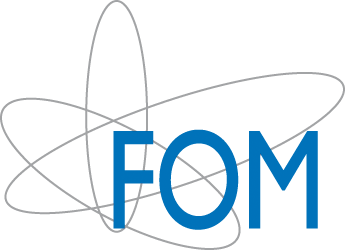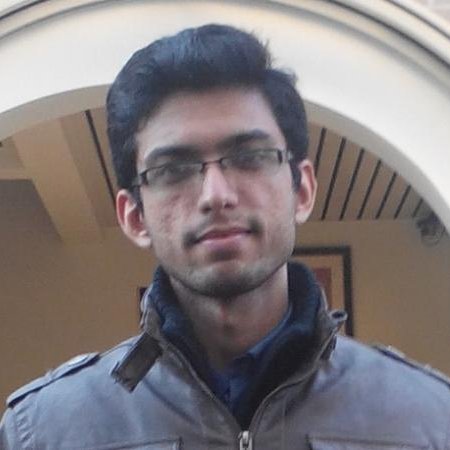Current research
He is working on a PhD research project under the supervision of Prof. Wim Briels
and Prof. Jasper van der Gucht from the Physical Chemistry and Soft Matter group of the Wageningen University.
This work is part of the Industrial Partnership Programme (IPP)
'Computational sciences for energy research' of the Foundation for Fundamental Research on Matter (FOM),
which is part of the Netherlands Organisation for Scientific Research (NWO).
This research programme is co-financed by Shell Global Solutions International B.V.
The goal of his research is to develop a particle-based simulation technique
for studying flow of complex non-Newtonian fluids through porous media.
A better understanding of the mechanism can be helpful
for a variety of applications including improving the efficiency of polymer flooding in Enhanced Oil Recovery.
He is developing a model for simulating flow of highly frictional soft matter fluids
which is based on a Galilean invariant,
first order Brownian dynamics algorithm for coarse-grained simulations
of soft matter systems where friction offered to the coarse-grain motion
is calculated relative to a moving background.
The motion of the background fluid is calculated effectively by
spatio-temporally averaging the velocities in the neighbourhood
of the coarse-grain coordinates. Thus, the motion of the
coarse-grain coordinates and that of the background fluid is coupled with each other.
The background velocity is updated in a manner that conserves momentum and
the properties of the stochastic updates have been calculated theoretically.
He is exploring the effect of various parameters of the model and comparing simulations with theory.
He is also working on extending this model for flow through
confined geometries, where appropriate boundary conditions are satisfied at the fluid-solid interfaces.



